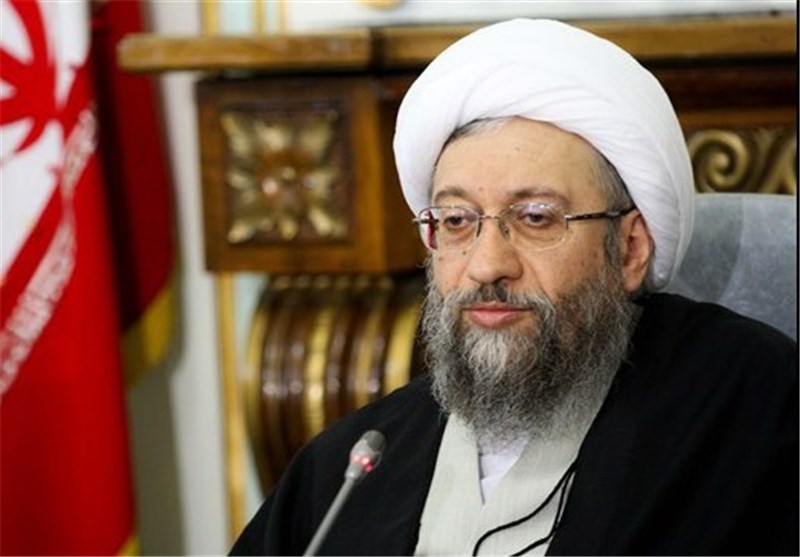
RNA - “Unfortunately, the United Nations’ human rights bodies have become a tool to pressure independent states,” Ayatollah Amoli Larijani said in a meeting with high-ranking judiciary officials in Tehran.
These human rights bodies remain silent when it comes to the heinous crimes committed by the Israeli or Saudi regimes, the Iranian official deplored.
“From the beginning, we have regarded the appointment of a special rapporteur (on the human rights situation in Iran) contrary to international law and believe that cooperation with the human rights body should take place on equal footing,” Amoli Larijani said.
The Human Rights Council on Friday decided to extend the mandate of the special rapporteur on the situation of human rights in Iran for a further period of one year in a resolution on the situation of human rights in Iran, adopted by a vote of 22 in favor, 12 against and 13 abstentions.
Iran believes that there are fundamental problems in the legitimacy of appointing a rapporteur with so weak a background and with so many questions and doubts about her conduct, Foreign Ministry Spokesman Bahram Qassemi said Friday.
He described the UN Human Rights Council’s resolution to renew the mandate as a politically-motivated, selective and spiteful move by a few countries abusing UN mechanisms.
The council extended the mandate of the special rapporteur on Iran for the seventh consecutive year despite the lack of endorsement by the majority of member states and through mere reliance on the vote of a “certain political bloc” and its few allies in the region who are clearly violators of human rights at regional and international levels, Qassemi added.
847/940